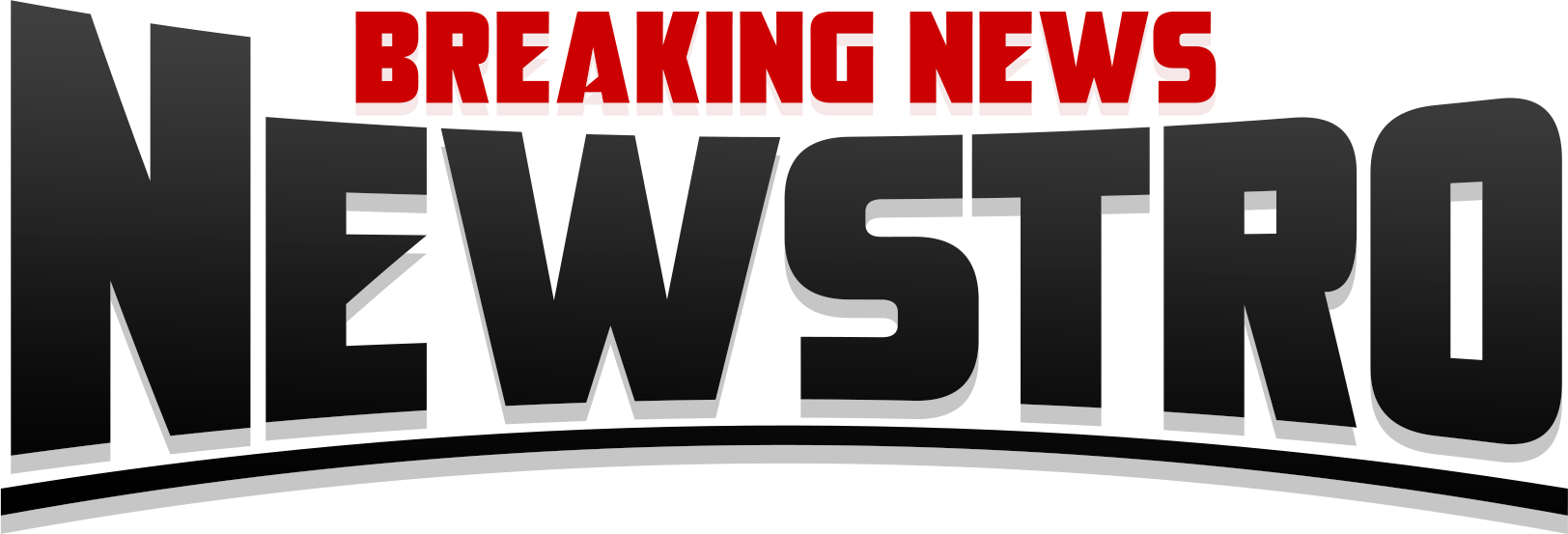Quick Facts
- Region of Concern: Northern Israel, particularly its border with Lebanon, is the epicenter of these mounting tensions.
- Groups Involved: Hezbollah and other such organizations are perceived as potential triggers for the escalation of hostilities.
- Potential Outcome: Fears persist that localized conflicts could spiral into a comprehensive Middle Eastern warfare.
While localized confrontations are not uncommon in this region, the larger fear is the domino effect they might trigger. A minor skirmish could quickly escalate, drawing in neighboring countries and their respective allies. This could result in a large-scale conflict engulfing the entire Middle East, with catastrophic humanitarian and geopolitical consequences. Such an eventuality would not only be devastating for the countries involved but would also significantly impact global peace and stability.
The international community has always kept a watchful eye on the Middle East, given its strategic importance. The current situation underscores the need for diplomatic efforts and dialogue. It is essential to ensure that minor disagreements or incidents don’t escalate into full-blown wars. Regional stakeholders, with support from international entities, need to proactively engage in peacebuilding initiatives and ensure that such fears remain unfounded.
| For Further Reading | Hezbollah: Hezbollah is a Shia Islamist political and militant group based in Lebanon. Established in the 1980s, it has been involved in various conflicts with Israel over the years. Recognized as a legitimate political party in Lebanon, it also has a military wing which some nations label as a terrorist organization. Its primary aim is resistance against Israel and the West. For a comprehensive understanding, see Wikipedia’s article on Hezbollah. |
Q&A
Q: Why are residents near Israel’s Lebanese border particularly concerned now?
A: Given the history of conflicts and the presence of groups like Hezbollah, residents fear a minor incident could spark a larger war that encompasses the entire Middle East.
Q: What is the significance of Hezbollah in this context?
A: Hezbollah, a Shia Islamist political party and militant group, has historically been involved in conflicts with Israel. Their involvement could escalate tensions and lead to a broader conflict.
Q: What can be done to prevent such a large-scale conflict?
A: Diplomatic efforts, dialogues, and peacebuilding initiatives are essential. The international community and regional stakeholders need to work together to prevent escalations.
